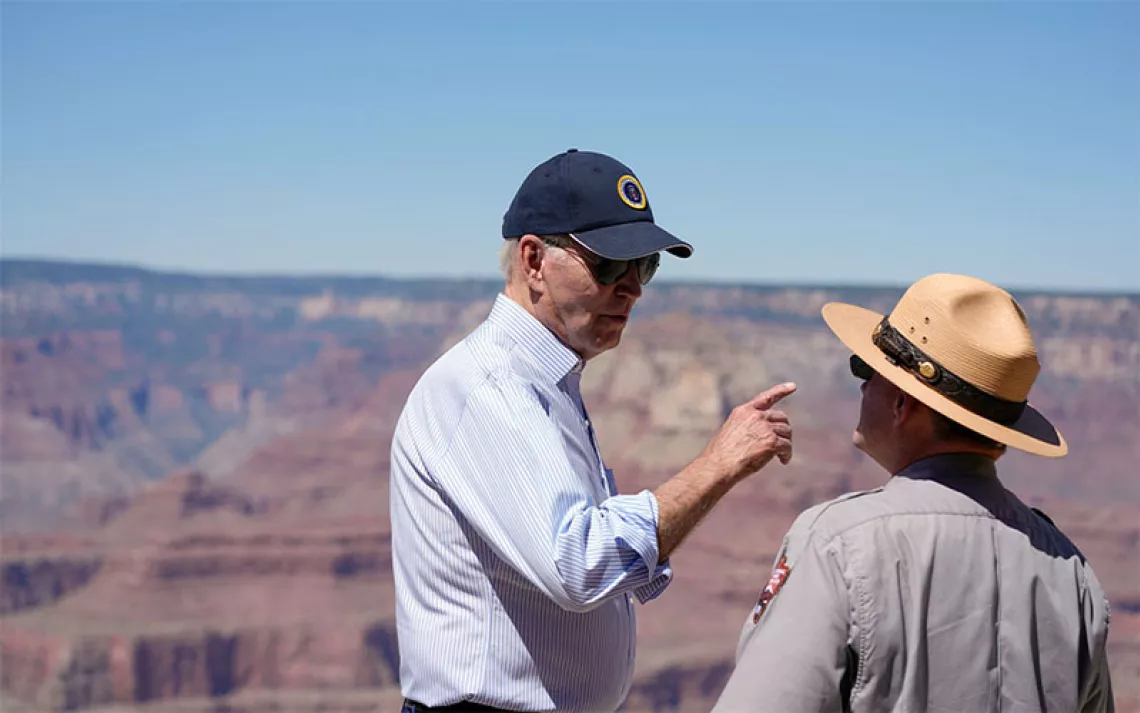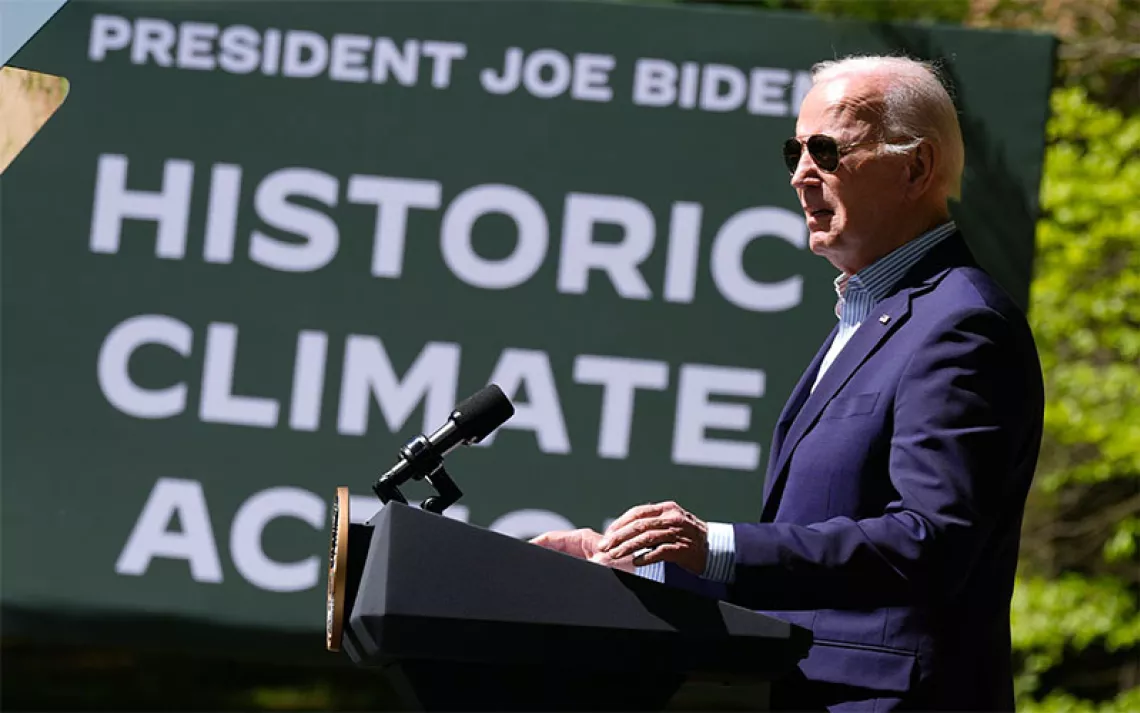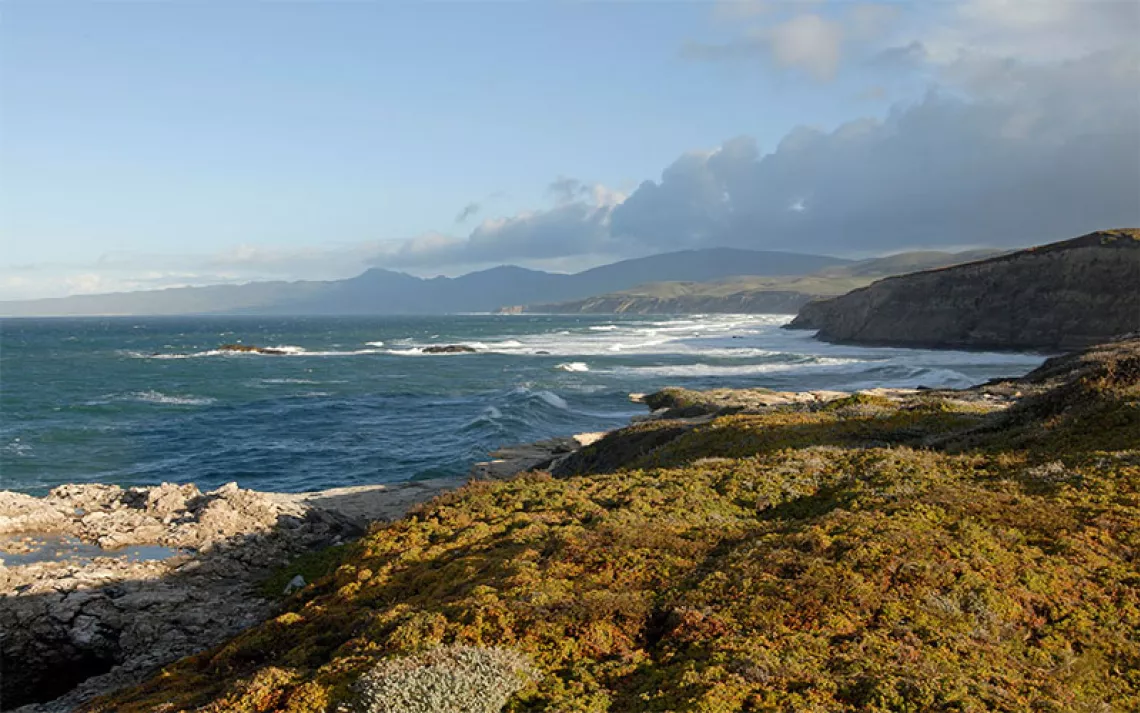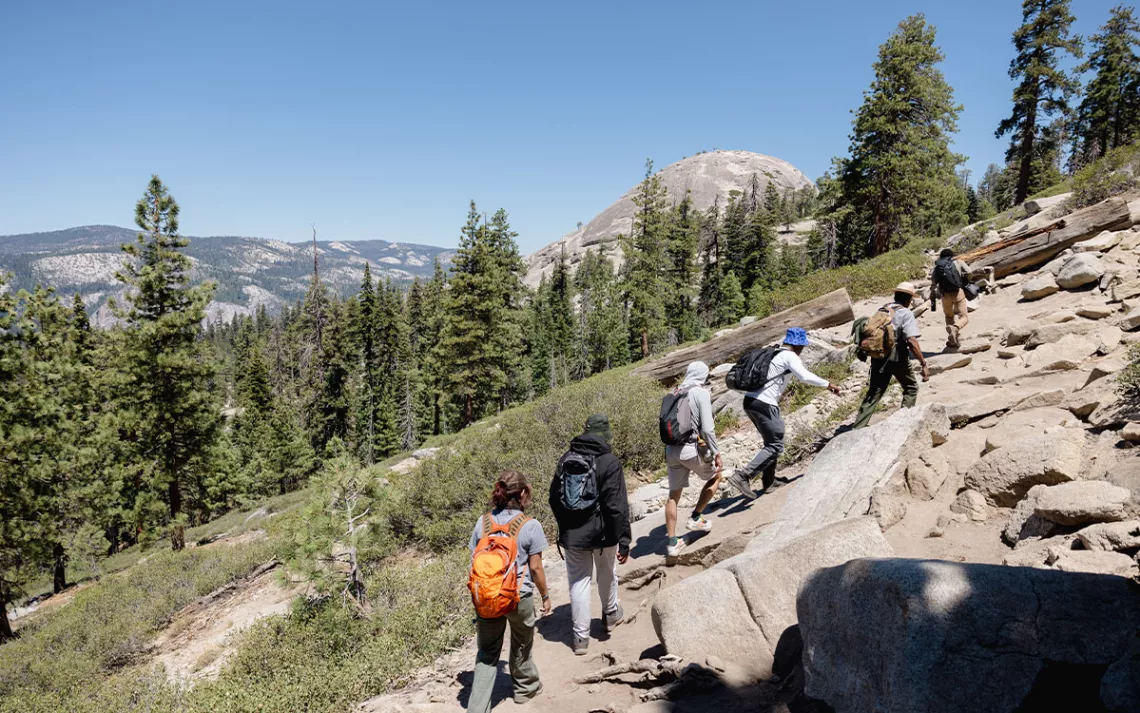Malheur Refuge Takeover Just the Latest Twist on a Long Running Story
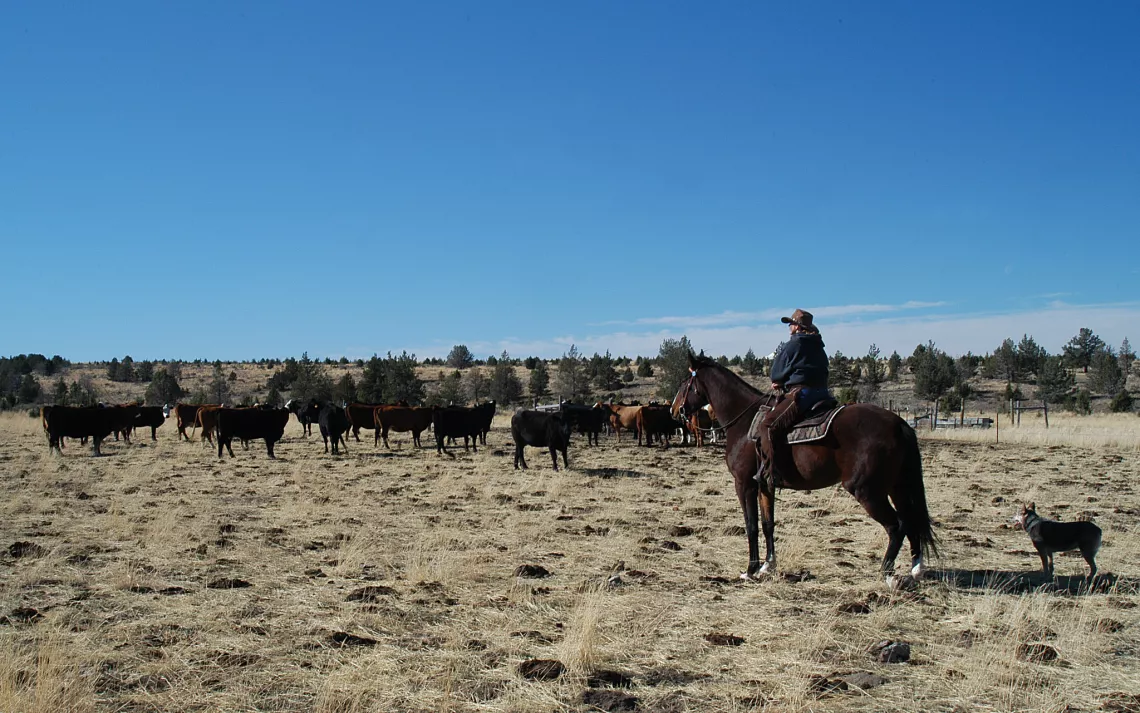
Photo courtesy of Flickr/U.S. Forest Service
The Bundy clan’s recent takeover of the Malheur National Wildlife Refuge in remote eastern Oregon is, in some ways, like déjà vu all over again. This Nevada ranch family and their flag-waving militia friends’ armed standoff with federal land managers is nothing new. It’s part of an all too familiar pattern in the American West: Armed resistance to public land management is as old as the region’s mining, logging, and cattle industries. And even as these industries profit from outdated 19th- and early-20th-century government subsidies, they have proven more than willing to put other peoples’ lives at risk to defend their special interests.
President Teddy Roosevelt was the first Fed to get into a confrontation with western “boomers”— writer-conservationist Wallace Stegner’s term for the type of pioneer who liked to exploit a gold or timber boom, then would cut and run, leaving devastation in his wake. The boomers included stockmen, timber barons, and miners, and they were outraged when TR created national parks and national forests and in 1906 imposed the first fees for cattle and sheep grazing in those national forests. But in his signature “bully” style, Roosevelt didn’t back down. “Whoever takes public property for private profit should pay for what he gets,” he insisted to howls of protest from the boomers and occasional protest arsons in places where public forests proved inconvenient for outright timber theft.
Unfortunately, some of our public officials today don’t have that same kind of backbone. When the Bureau of Land Management released 400 seized cattle back to the Bundys in 2014 to avoid likely bloodshed, the agency was ignoring the law and a decade of court orders. This time it was the outlaws who won, assisted by Nevada’s governor, some of its congressional delegation, and a conservative media echo chamber.
Eastern Oregon, the site of the current standoff, is similar to Nevada and much of the arid West: It’s a bone-dry, mineral-rich landscape, and most of it has been owned by the U.S. government since the Indian Wars of the 1870s.
With the flagrant giveaways embedded in the General Mining Law of 1872, the private logging on public lands, and the federally subsidized water and grazing permits, we as a nation have created a rural system in the West that, in the words of a 1992 article in The Economist, “temper[s] rugged individualism with socialist infrastructure.”
Let’s start with the ranch giveaways. Some 18,000 federal grazing permits under the Taylor Grazing Act of 1934 cost about one-third to one-sixth that of state or private land grazing permits (unless, like the Bundys, you refuse to pay anything). A 2012 Congressional Research Service report found that taxpayers lose $115 million a year on the Federal Lands Grazing program, whose major beneficiaries include the Newmont Mining Corporation and the Mormon Church.
Still, the rural land barons of the West have never been comfortable with even minimal restrictions on “their” land and water rights, often treating the U.S. Fish and Wildlife Service, the Bureau of Land Management, and the U.S. Forest Service as if they were disrespectful ranch hands in need of a whipping. This has translated into ongoing threats to federal employees and their families.
In the 1970s and early ’80s, Nevada became the birthplace of what would be known as the Sagebrush Rebellion, a much ballyhooed and yippie-yi-yoed attempt (actually the fourth of the 20th century) to transfer control of western lands from the federal government to state authorities.
In an ironic twist, the Sagebrush Rebellion was co-opted by Ronald Reagan’s famously anti-environment Secretary of Interior James Watt. Watt and the newly influential D.C.-based Heritage Foundation were interested in a more radical approach—privatizing public lands in the West. That, however, proved to be a nonstarter for Congress and the real-estate industry (which didn’t want that much land being dumped on the market), and so the Sagebrush Rebels were abandoned.
The West then became a stronghold of the Wise Use Rebellion of the late 1980s and early ’90s, which I documented in my book, The War Against the Greens. One of the more effective and intimidating groups was an outfit called People for the West, which received millions of dollars from mining companies to beat back attempts to reform the 1872 mining law. Anti-environmental death threats, arsons, and bombings followed in short order. In 1991, Watt told a meeting of the Wyoming Cattlemen’s Association, “If the troubles from environmentalists cannot be solved in the jury box or at the ballot box, perhaps the cartridge box should be used.”
More than a quarter century later, there has been no reform of the mining law, and South African, Canadian, and other massive open-pit gold-mine operators still claim gold, silver, and uranium lands at 19th-century prices of $2.50 to $5 an acre. Under the law, they are also able to extract $2 billion to $3 billion a year from these public lands without paying any royalties (unlike oil and gas companies). Their mine tailing wastes have also polluted thousands of miles of western rivers.
In 1995, Rush Limbaugh declared that “the second violent American Revolution” was about to begin because “people are sick and tired of a bunch of bureaucrats in Washington driving into town and telling them what they can and can’t do with their land.” He and others on the right went quiet for a while after Timothy McVeigh blew up the Federal Building in Oklahoma City on April 19, 1995, killing 168 people and injuring over 600. Wise Use, which by then had allied with anti-government militias who shared McVeigh’s ideology, saw its industry funding and in-kind support quickly disappear.
Since then, such rebellions have had increasingly less influence across a more urbanized and ethnically diverse West, despite all the media attention lathered on the Bundys.
The Bundy clan’s seditious antics get a lot of attention, but the new western model of resource management is all about collaboration, not gunfights. The Southwest’s multiyear drought has become a huge drain for the West’s cattle ranchers, many of whom have had to sell off or remove their cattle from their own lands as well as public lands. Looking at bankruptcy and possible liquidation as the climate continues to dry out the West, some ranchers have begun working with environmentalists on a program to get the government to buy back their grazing permits and retire the land, which will finally allow some landscapes to recover from more than a century of overgrazing.
Another promising example of collaboration has taken place in Oregon’s Klamath River Basin, not all that far from the refuge where the Bundys and their allies are holed up. Twelve years ago, battle lines were drawn between upstream eastern Oregon farmers dependent on federal irrigation waters and downstream salmon-dependent Native American tribes and fishermen. Rush Limbaugh called it “Sucker Fish versus Farmers,” and the Bush administration took the side of the farmers, believing they might win Oregon in the 2004 election. Water was diverted to the farmers, and about 75,000 salmon died amid angry protests and threats of violence.
But ultimately cooperation proved more fruitful than competition as salmon-dependent people downstream and water-dependent upstream farmers found a way to survive the West’s drying climate. In 2008, the Klamath’s long-warring stakeholders, federal and state agencies, and the power company that owns the Klamath River dams agreed to take down the dams, revive the fish habitat, and allow for a fairer allocation of the increasingly valuable waters.
Similar collaborative solutions could be found for all our public lands in the West. Of course, that would require courageous national leadership willing to reform outmoded and expensive public subsidies like the 1872 General Mining Law and the 1934 Grazing Act that promote zero-sum land use confrontations. In a time of climate chaos, we need to commit to engaging in the collaborative work of the ballot box instead of the armed confrontation of the cartridge box. Once they realize how politically isolated they are, perhaps even the Bundys and their fellow travelers might come to that same realization.
Watch Backcountry Hunters and Anglers take on the Bundys:
 The Magazine of The Sierra Club
The Magazine of The Sierra Club
